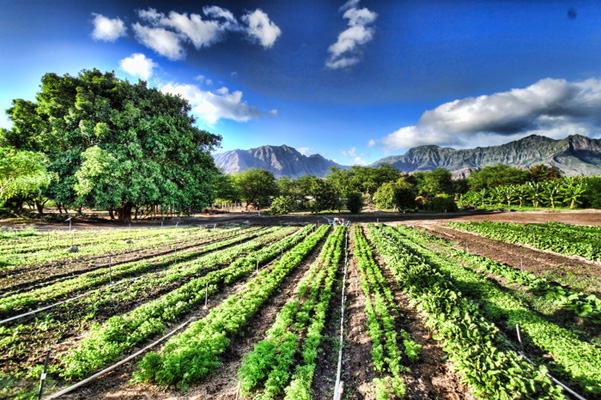
Solutions From the Land Focuses on Sustainability
By Jessica Theisman, Associate Editor
Many California farmers are working toward a more sustainable future, according to Ernie Shea, president of Solutions From the Land.
“We are a North American climate-smart agriculture alliance that has come together with others,” Shea said.
Solutions from the Land, which has partnered with the California Department of Food and Agriculture, is the continental platform for farm and conservation groups that are looking at ways these landscapes can deliver solutions.
Solutions from the Land has been getting a lot of support from California.
“We’ve had the right enabling policy, and you’ve got a lot of that in California,” Shea said.
There have also been significant investments in technology and infrastructure that have allowed systems to deploy at scale. Solutions from the Land is producing wind, solar, geothermal, hydro, biofuels, or types of sustainable, domestically-produced energy sources.
“When we started, we were at about five percent renewables. Today, we’re in the twelve percent range. Twenty-five percent by 2025 is the new target that we established,” Shea explained.
“We have to be able to produce food and fiber with less water and with erratic conditions. There is a lot of conversation about how to adapt to these realities when you are right in the epicenter of drought, fire, and floods,” he said.
“Everything has become less predictable. Solutions From the Land is sponsoring state-level conversations around how to become more sustainable, resilient, and how to participate in the low carbon economy, biofuels, and renewable energy,” Shea added.
Carbon sequestration is one of the more exciting new areas of opportunity that are coming for agriculture. The focus is on farmers and what they care about.
“They care about resiliency, profitability, sustainability. An example of one of the pathways that we work on: initiatives like soil health programming,” Shea said.
This helps farmers realize that by improving the health of their soil and the organic content, the crops are doing a better job of soaking up whatever water does fall.
“They’re reducing the need to provide some inputs. They’re sequestering greenhouse gases. They’re delivering global solutions,” Shea explained.









